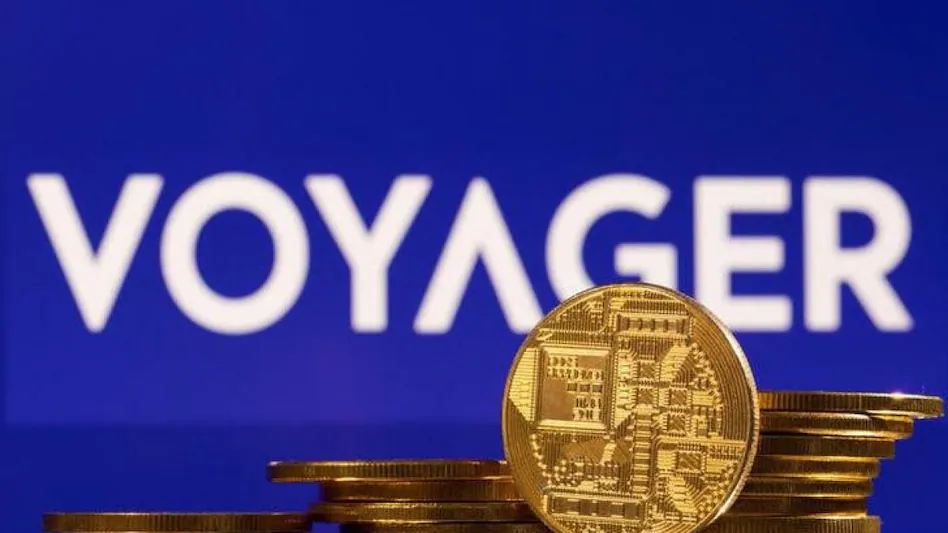FTX, once a top crypto exchange, is suing Voyager Digital, a crypto lender, seeking to reclaim $445.8 million in loan repayments made prior to FTX’s bankruptcy in November 2022. The two companies declared bankruptcy in the aftermath of the cryptocurrency market crash in 2022, with Voyager filing for bankruptcy four months before FTX.
According to court filings, FTX paid Voyager $248.8 million in September and $193.9 million in October on behalf of Alameda Research, its affiliate hedge fund. The loan payments, made so close to FTX’s own bankruptcy filing, are now eligible to be clawed back and potentially used to repay other FTX creditors.
FTX’s downfall resulted in an estimated 9 million customers and investors facing significant losses. The company’s founder, Sam Bankman-Fried, has been indicted on fraud charges, and several top executives, including Caroline Ellison, CEO of Alameda Research, have pleaded guilty to similar charges. Bankman-Fried denies any wrongdoing and is set to go to trial in October.
Before its bankruptcy, FTX tried to stabilize the crypto market by offering to buy Voyager’s platform. The proposed acquisition fell apart when FTX declared bankruptcy in November. In the court filing, FTX admitted to allegations that Alameda raided customer assets but claimed that Voyager and other crypto lenders were complicit in Alameda’s actions. FTX referred to Voyager as a “feeder fund” that invested clients’ money without proper due diligence.
Three Arrows Capital
Another cryptocurrency investment fund, Three Arrows Capital, also declared bankruptcy in 2022, with its founders refusing to cooperate with court-appointed liquidators. This further adds to the ongoing turmoil in the cryptocurrency market and raises questions about the lack of regulation and accountability in the industry.
It remains to be seen how the court will rule on FTX’s lawsuit against Voyager Digital, but the case highlights the ongoing challenges faced by the cryptocurrency market and the need for better regulation and oversight.
